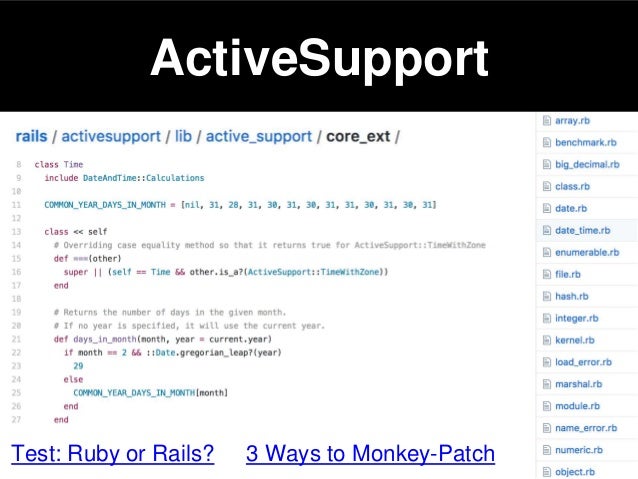Ruby Monkey Patch Class Method

The above statement asserts that the ruby usage is incorrect but terms evolve and that s not always a bad thing.
Ruby monkey patch class method. This can cause unintended side effects or breakage of programs. With that in mind let s look at a completely contrived example. Intro to monkey patching in ruby. The linking of a new method to the existing class method name happens at runtime.
2 monkey patched java methods are only available in ruby code. Pass dummy class x foo foo bar lambda self. When you monkey patch core classes you add to the core ruby apis. You have to know where your monkey patches live.
Due to ruby s open classes you can redefine or add functionality to existing classes. This is called a monkey patch. In the above class you are changing the behavior of the class method defined in the same program file. We are assigning a new method name patchfunc to the existing class method name monkeyfunc.
Or perhaps you need to monkey patch a class you own. Monkey patching changes the behavior of class methods. In ruby the term monkey patch was misunderstood to mean any dynamic modification to a class and is often used as a synonym for dynamically modifying any class at runtime. All users of the monkey patched class see the same changes.
42 print x bar but you can t do this for certain built in classes like int or float. I mostly follow rails monkey patching convention. In ruby a monkey patch mp is any dynamic modification to a class and is often used as a synonym for dynamically modifying any class add new or overwrite existing methods at runtime. There s no good reason to do this sort of patching because jruby marshals strings between java and ruby.
Every app with core patches feels a little bit different. So the behavior of the class monkey is changed dynamically. Patches go into lib core. Ruby has a very beautiful syntax and so it can be tempting to monkey patch a class to turn some ugly method call into something that is more readable.
So you have to have a way to quickly learn those changes when you jump into a new codebase. Motivated by the intent to patch existing third party code as a workaround to a bug or feature. For example you often see monkey patches that simply add a convenience method that has no side effect.


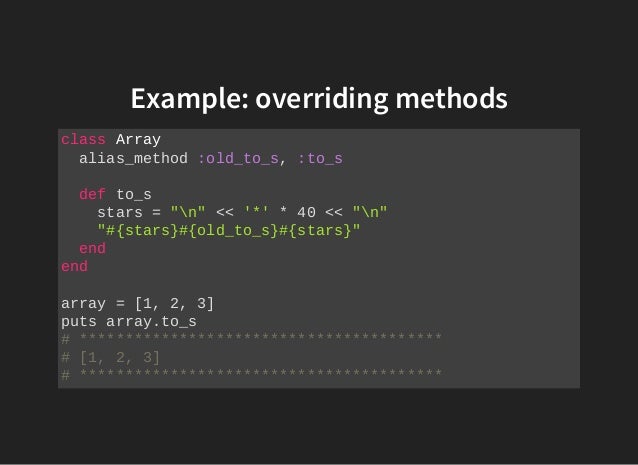













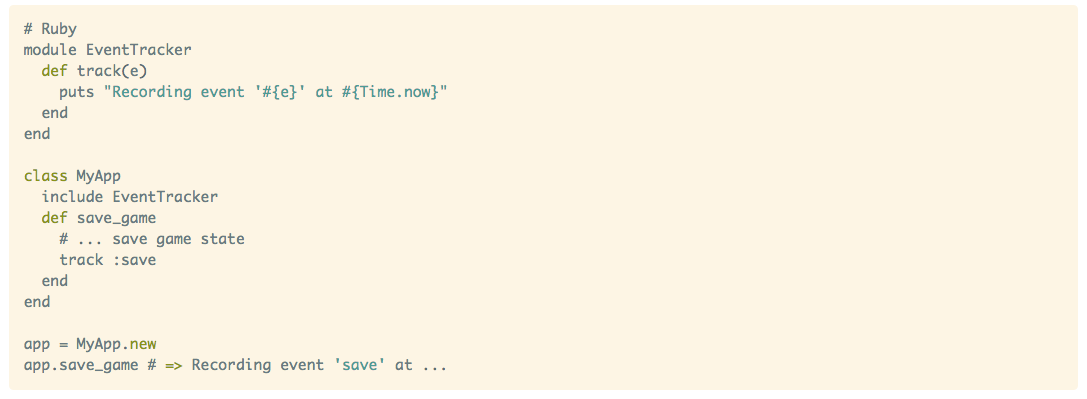




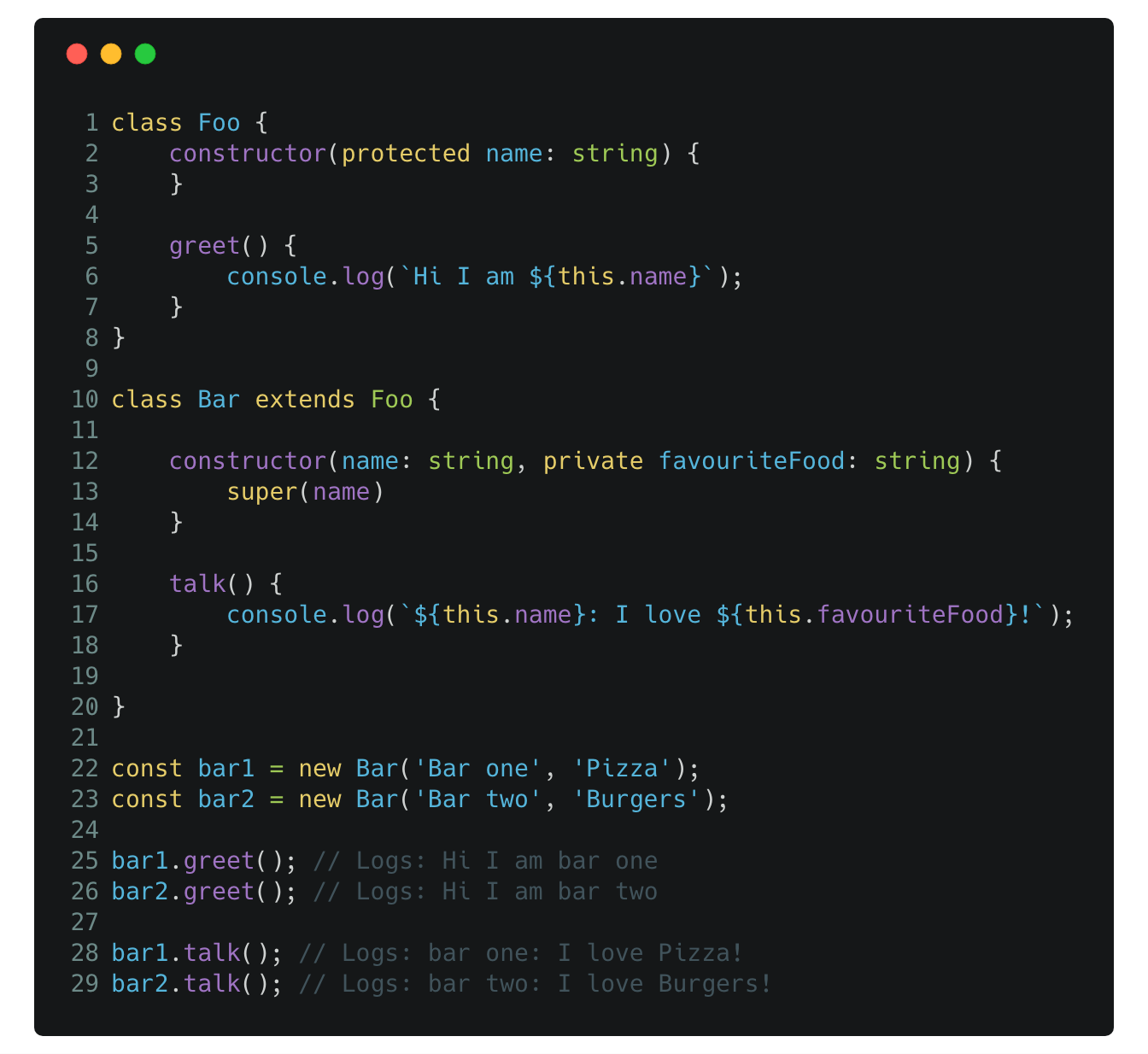

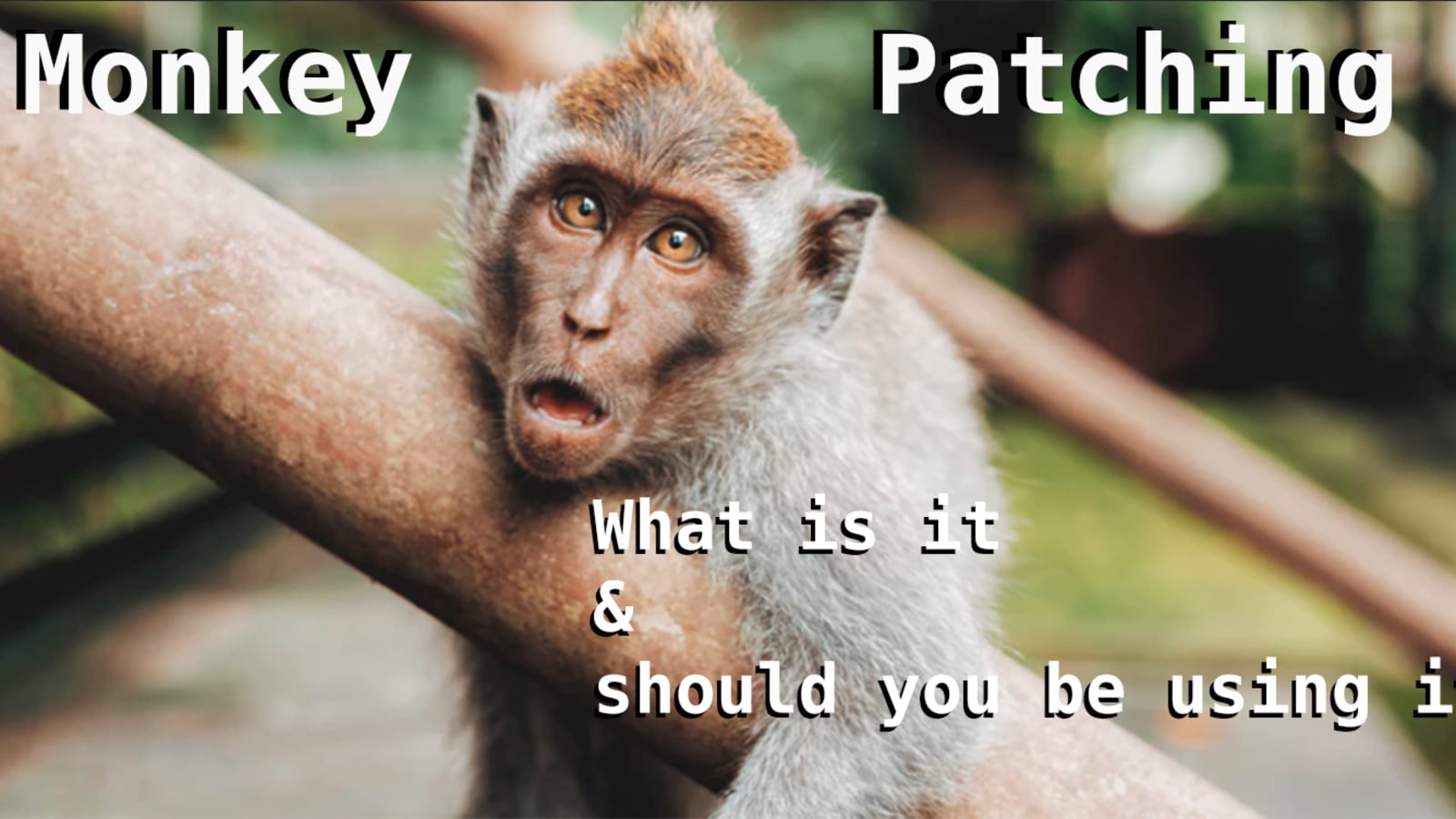
.113.png)













